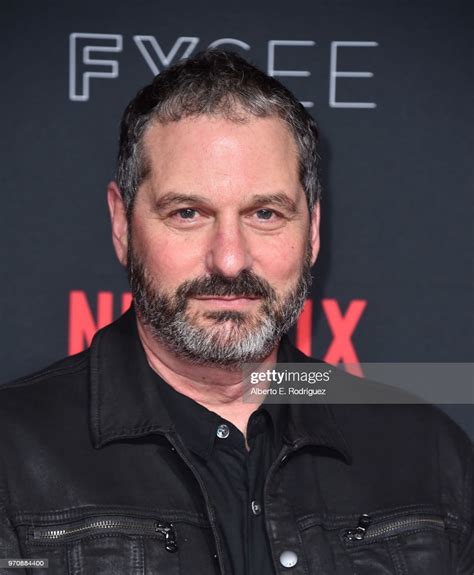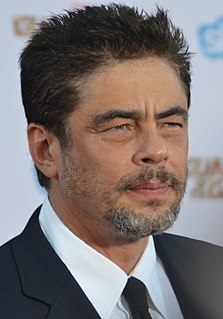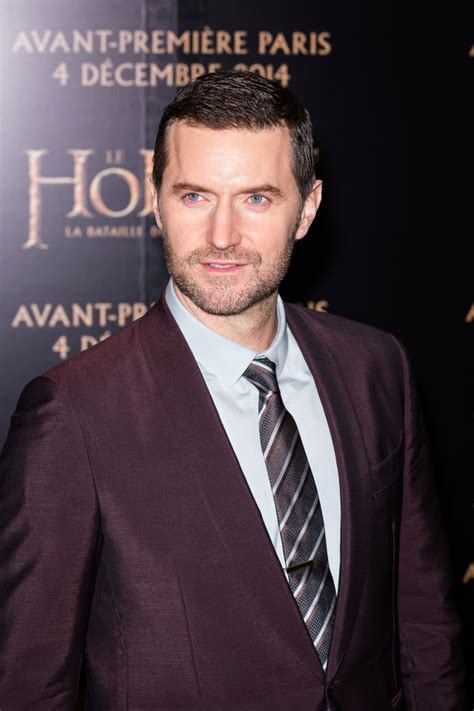A Quote by Scott Frank
I usually write very few stage directions. I think a lot of that is a waste of time. The art of screenwriting is in its terseness, saying a lot with a little. I have no patience when I read a script where the writer describes this guy and what he's wearing and his glasses and his hair.
Related Quotes
All modesty aside, I think I'm good at reading scripts. The way I read a script is as fast as I can, all in one sitting, and I don't read many of the stage directions. I only read enough stage directions to let me know where I am, because they're always so verbose and mostly horseshit. So I only read the dialogue, which allows me to see the movie in my mind's eye in real time.
A writer always wears glasses and never combs his hair. Half the time he feels angry about everything and the other half depressed. He spends most of his life in bars, arguing with other dishevelled, bespectacled writers. He says very 'deep' things. He always has amazing ideas for the plot of his next novel, and hates the one he has just published.
In 'A Bone in the Throat,' he describes his protagonist and alter ego, the cook Tommy Pagano, as 'darker, and not as tall as the chef, his hair stood up straight and spiky like a young Trotsky's.' He describes Little Italy with such verve, such flavor, that it is impossible not to smell the streets or taste the food.
I’m an Adidas guy who walks around in sports gear all the time because there’s always a ball right next to me somewhere. I do a lot of sports but I do enjoy wearing a lot of suits. I have quite a few suits that I really enjoy wearing but, unlike Hannibal, I like wearing them only at special occasions.
A lot of actors choose parts by the scripts, but I don't trust reading the scripts that much. I try to get some friends together and read a script aloud. Sometimes I read scripts and record them and play them back to see if there's a movie. It's very evocative; it's like a first cut because you hear 'She walked to the door,' and you visualize all these things. 'She opens the door' . . . because you read the stage directions, too.
David Foster Wallace is a big idol of mine. His writing is so clear that for years I'd read him and think, My God, he is actually writing the way I think. He's describing the thoughts in my head. And then I realized, No, wait. He's just such a good writer, so transparent and articulate, that when he describes his thoughts, I think they're my own.
I'm a better musician now, and I rarely practice because age has taught me the value of economy. And I think I'm a better writer now because I don't waste as much time, dilly-dallying and sassafrassin' and sloop and sloppin' and frying eggs. When you start writing, half the time you're just saying howdy to the page. My process now is a little more lean and muscular. I don't waste a lot of time. When I had kids, I learned how much time I had before, and how much time you actually need to do something. If you don't have time, you'll just do it and get it done.
As a younger person, I was obsessed with Ray Bradbury, and I think his stories did more to shape me as a storyteller than anybody else - even though, when I read them now, a lot of them seem overly sentimental. But that's probably the writer that I've thought about the most, even though I don't necessarily like a lot of his work.
It's not possible to advise a young writer because every young writer is so different. You might say, "Read," but a writer can read too much and be paralyzed. Or, "Don't read, don't think, just write," and the result could be a mountain of drivel. If you're going to be a writer you'll probably take a lot of wrong turns and then one day just end up writing something you have to write, then getting it better and better just because you want it to be better, and even when you get old and think, "There must be something else people do," you won't be able to quit.






































